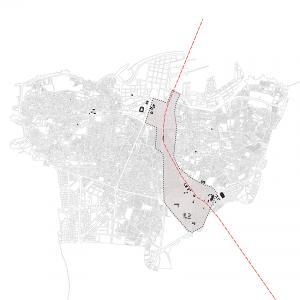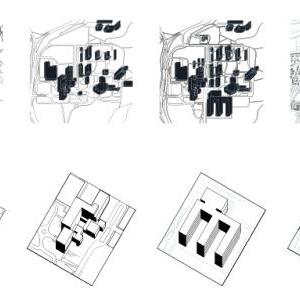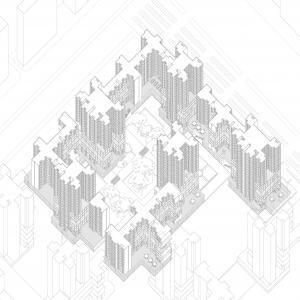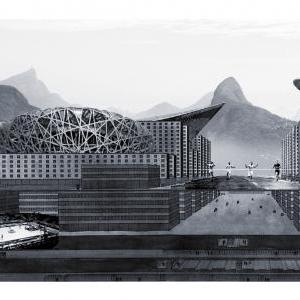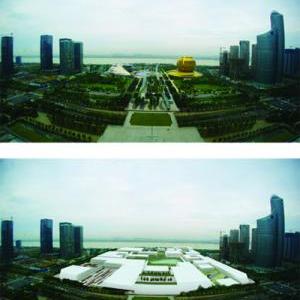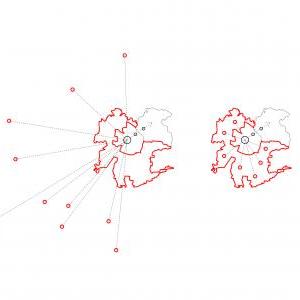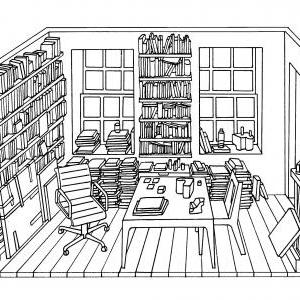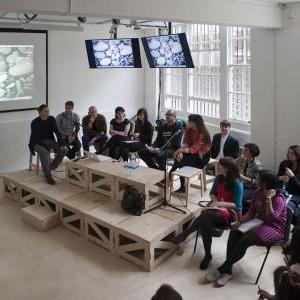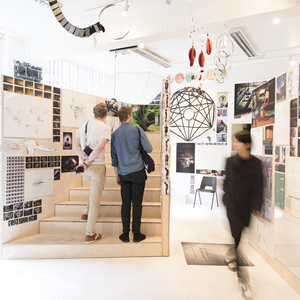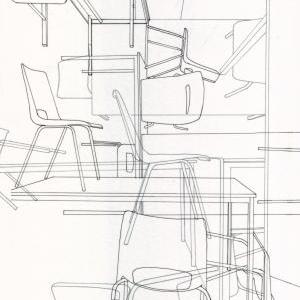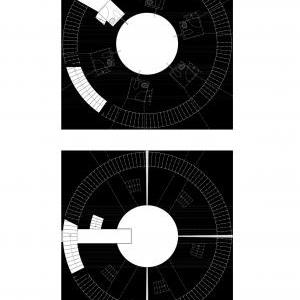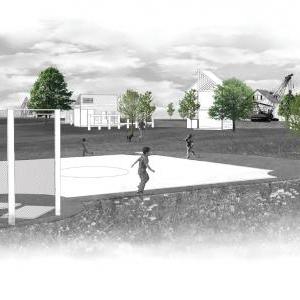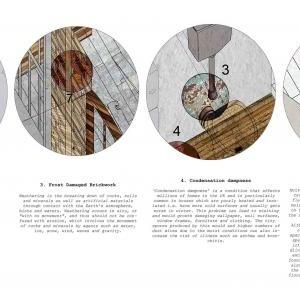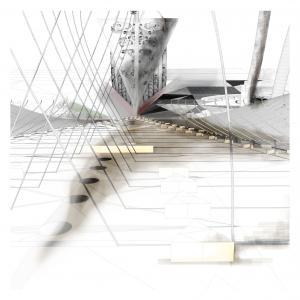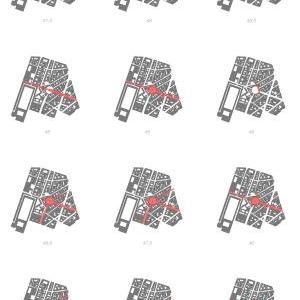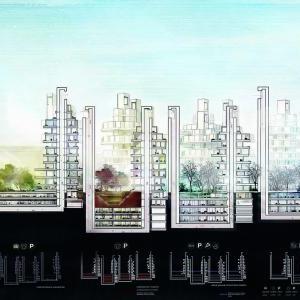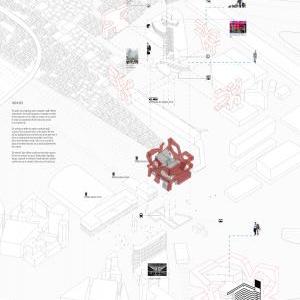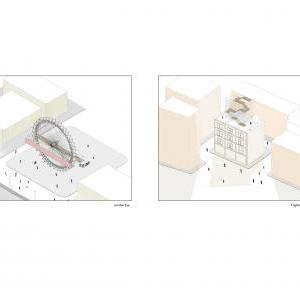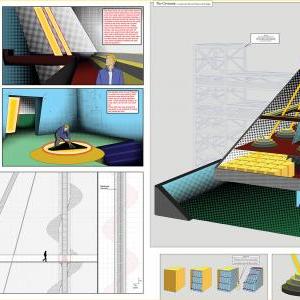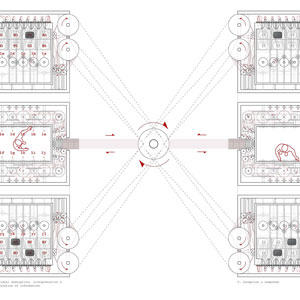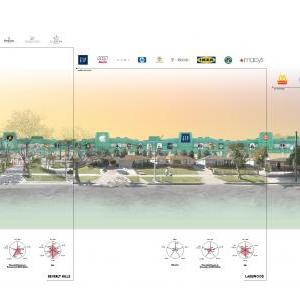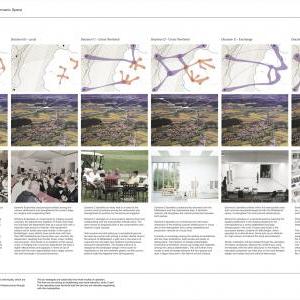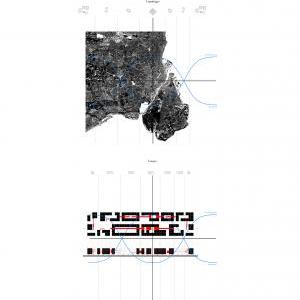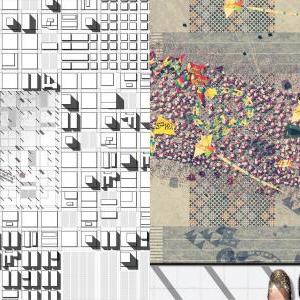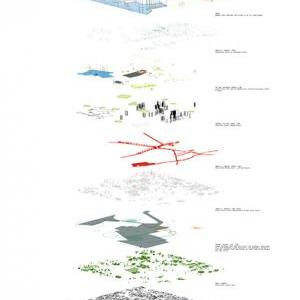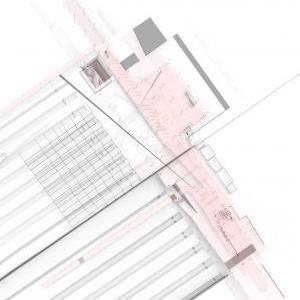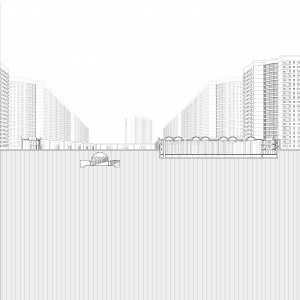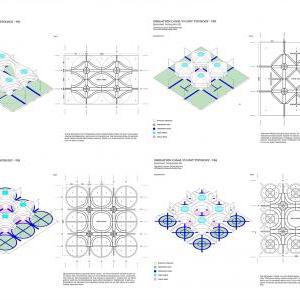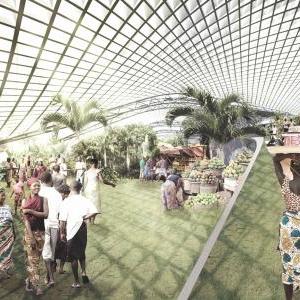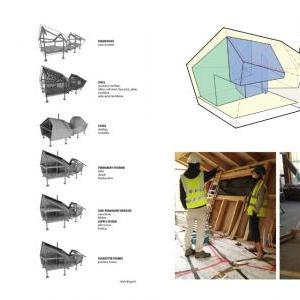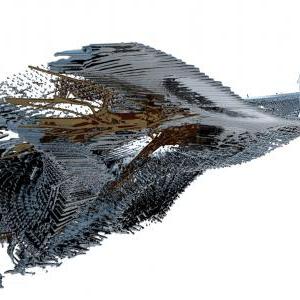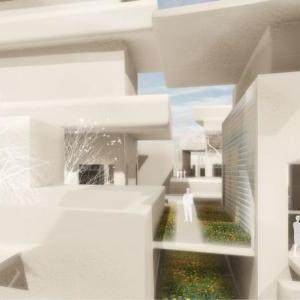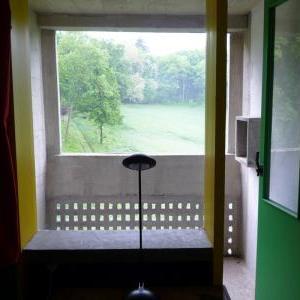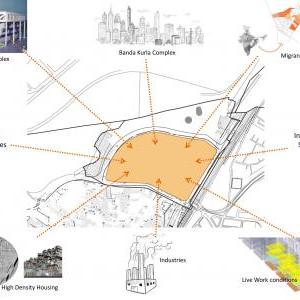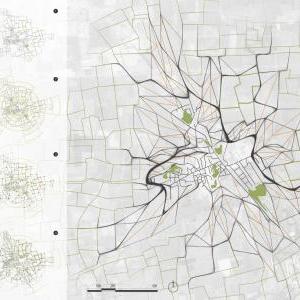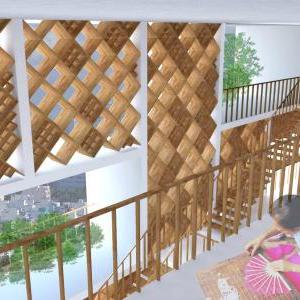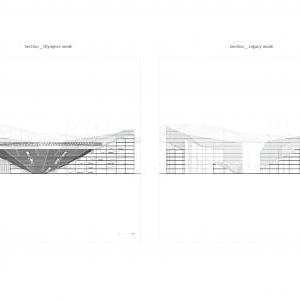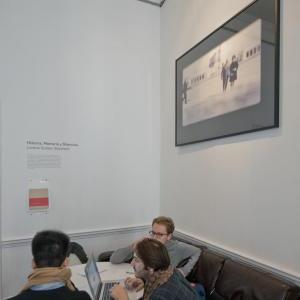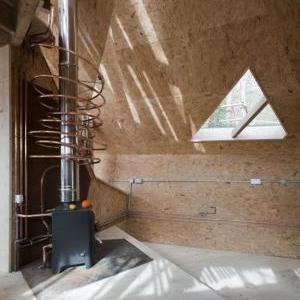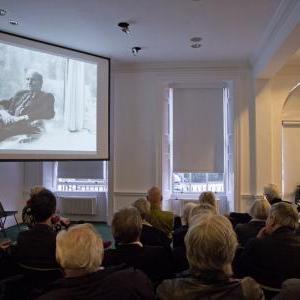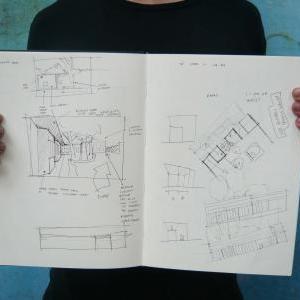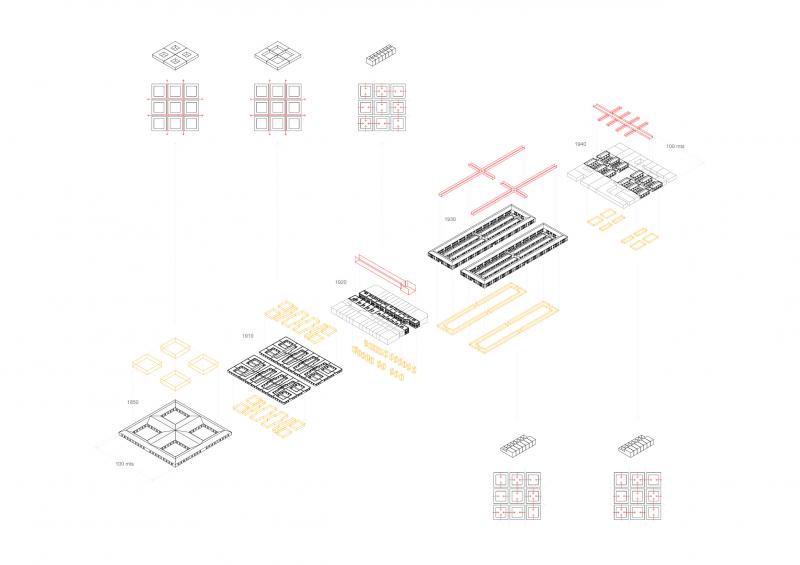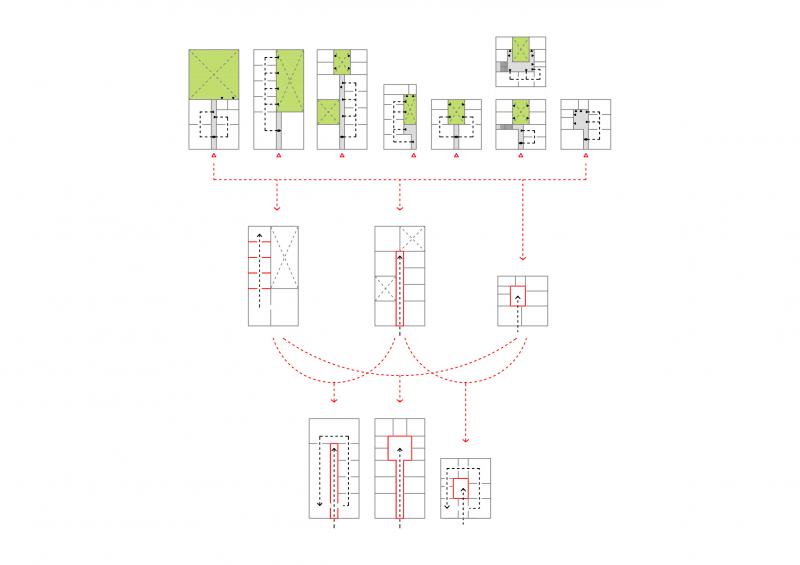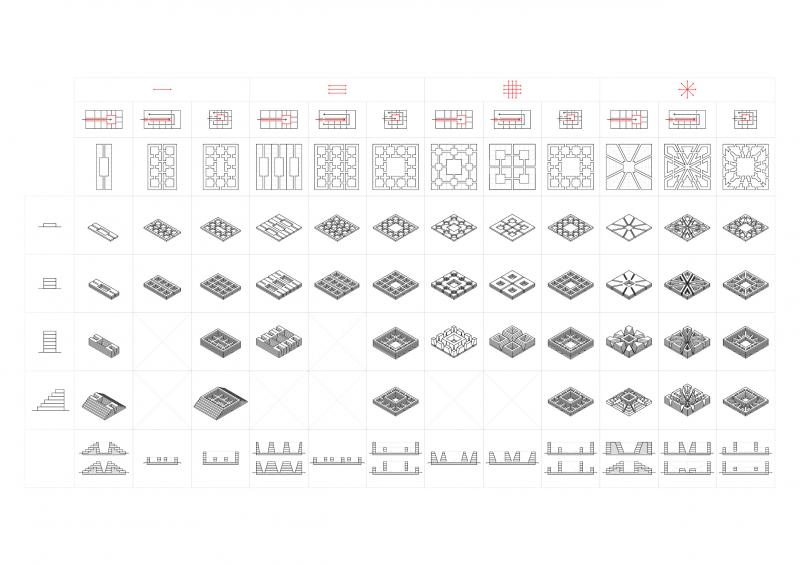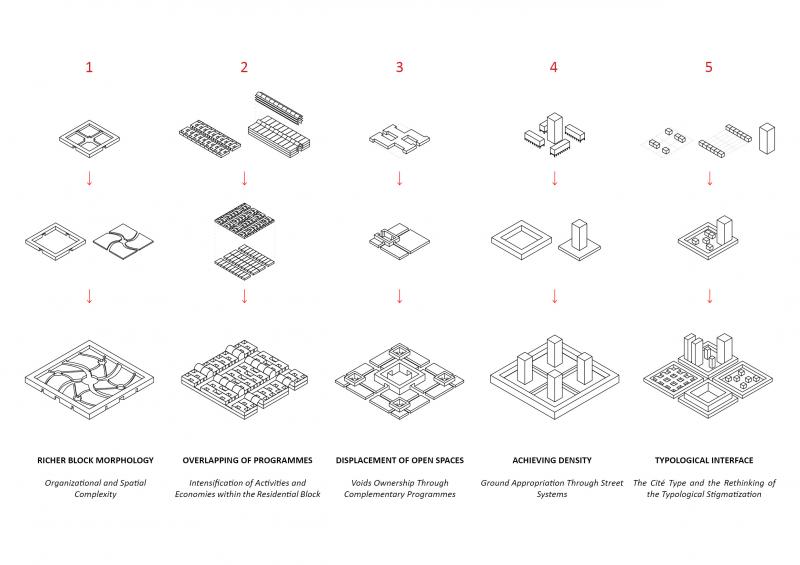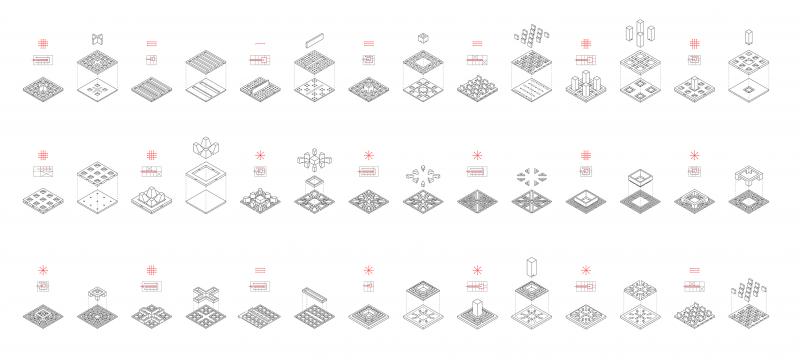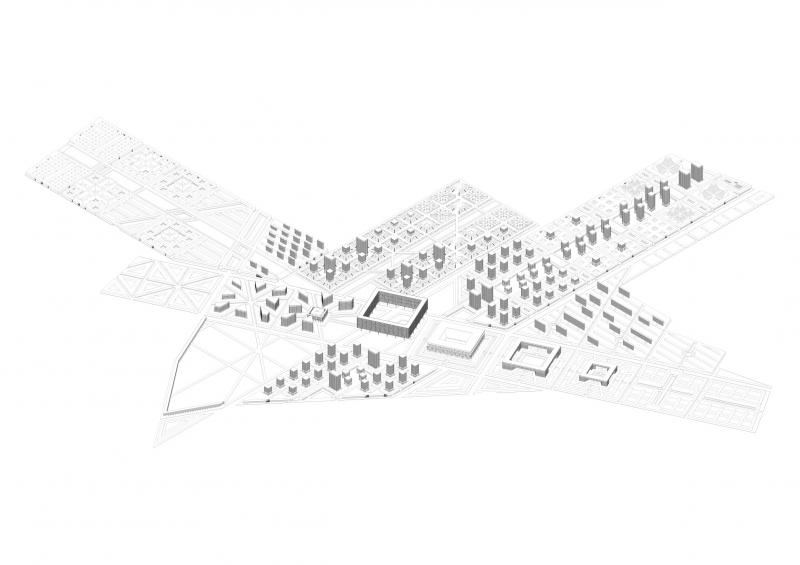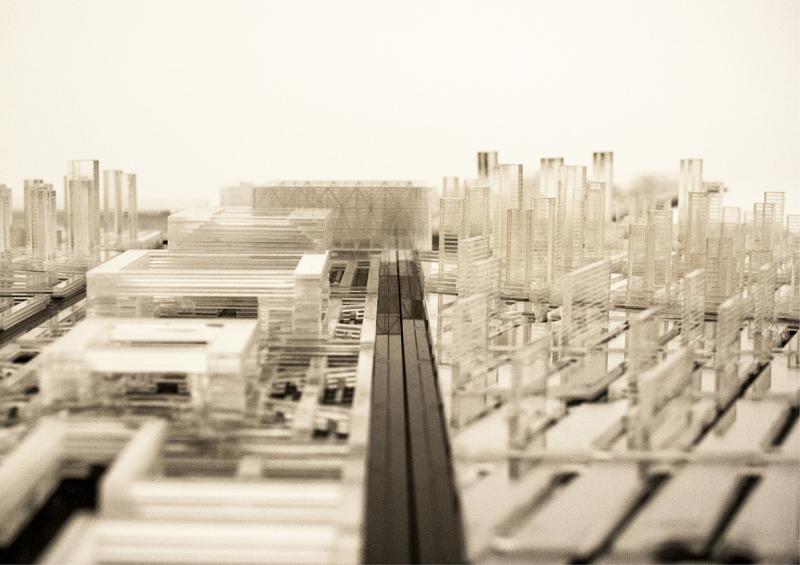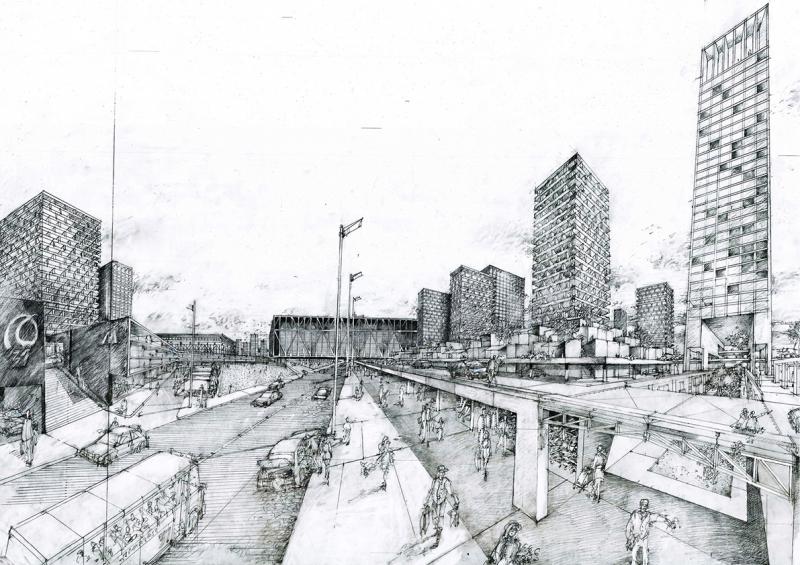Projective Cities is a taught MPhil dedicated to a research- and design-based analysis of and speculation on the contemporary city. At the core of its research project are questions arising from the often separated disciplines of architecture, urban design and planning, and the interrelations of tactical design and strategic planning. The programme therefore examines the conception and formation of the city within diverse political, economic, social and cultural contexts, and proposes that a new disciplinary knowledge emerges from this analysis.
The main ambitions of the programme are twofold: to study how ideas of the city, when framed by questions related to its built form and design, provide alternatives to current doctrines dominated by concepts of urbanisation; and to redefine the ambivalent notion of research by design with the proposal of new methodologies that synthesise theoretical and practical design research. This is both an intellectual project, clarifying the relationship between theory and design, and a practical one that explores the possibilities of design to research.
Projective Cities supports student-driven work and studies with individually defined research representing two-thirds of the programme’s 20-month duration. The programme is therefore small, intensive and divided into two phases. Phase I represents the taught part with design studios, seminar courses and workshops. During each term it introduces students to the pedagogy of the programme, provides the theoretical and practical foundations and presents the analytical research methods required to conceive, formulate and execute a research project. In Phase II, the research problems and questions of each project are developed, culminating in an original and comprehensive designed-and-written dissertation.
Programme Director
Sam Jacoby
Studio Master
Maria Shéhérazade Giudici
Studio Tutor
Max von Werz
External Thesis Advisor
Adrian Lahoud
Thank you to all our jurors. And special thanks to Alina McConnochie, Nerma Cridge and Tristan Simmonds for conducting workshops and providing technical advice, and Pavlos Philippou, Harry Francis Mallgrave, Jasper Cepl and Christopher Lee for giving guest seminars and lectures.
Alvaro Tagle
This dissertation challenges the current state of Santiago’s social housing and its extreme dependence on the privatized housing market. The close relationship between policy making, minimum standards, and urban form, have limited social housing to a simplified and isolated type-solution based on a reinterpretation of the traditional row-house model. This has allowed for large-scale social housing projects, effectively resolving the historic lack of housing provision. However, the apparent success of the housing policy is questioned when the social housing sub-standard is made explicit, which fails at several scales and spheres of domestic life. The main failure is the policies inability to procure adequate location for the low-income housing. In fact, recent social housing has only been able to afford plots in far-rural peripheries. This has therefore dictated a lifestyle of exclusion due to the lack of access to both basic infrastructures and the urban centre, the largest source of employment, services, and opportunities.
In order to address the problem of urban exclusion of social housing, this research investigates a new scenario that conceives a domestic-economic centre. Thus, a radical reorganization of the current social housing logic is proposed, calling for a completely different model based on four key transformations.
First, a non-profit (municipal-driven) procurement with the aim of creating a circular system of incentives, and attempting to increase the social housing budget through the incorporation of private and public funds.
The second transformation is a territorial management shift, capable of creating larger administrative entities and a clearer organization of infrastructure in relation to the urban core and labour sources.
The third is a typological transformation of a housing solution typical for Santiago’s early-twentieth century, called the Cité. Through an amplification of this street-based type, a new relationship between type and urban form is conceived, with the aim of establishing a clear use and definition of open spaces - a constant and controversial issue found in other housing types - and to incorporate more flexible relationships with other typologies. Thus, a large set of different typological arrangements are explored in this project.
The fourth and last transformation is the re-thinking of the idea of standards. The project proposes the decompression of the dwelling unit through the distribution of diverse and associated economic programmes in the city.
However, this does not mean a singular scalar shift from the unit to the city, but rather a progressive and multi-scalar system of urban relationships that establish different spheres of collectivity and intimacy.
Hence, the new social housing standard defines the possibility of both achieving a domestic autonomy from the existing urban centre and a simultaneity of urban episodes, which are manifested in the proposed social housing centre.
